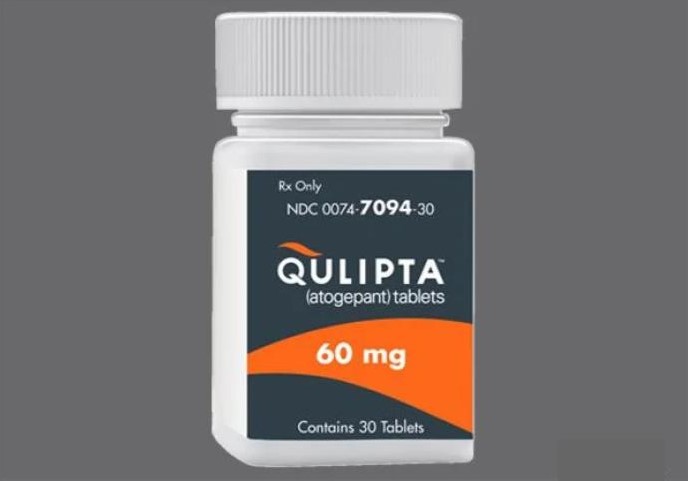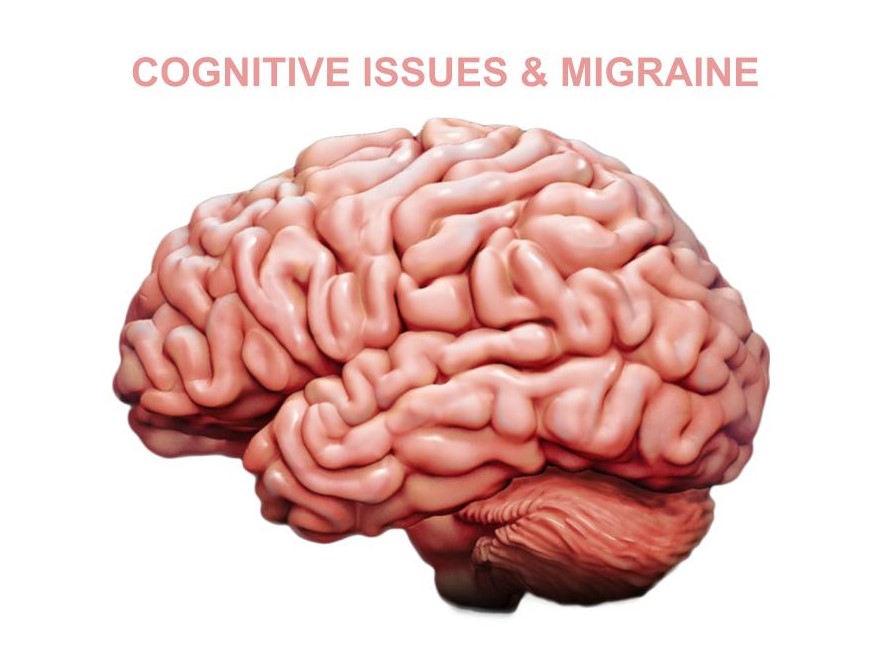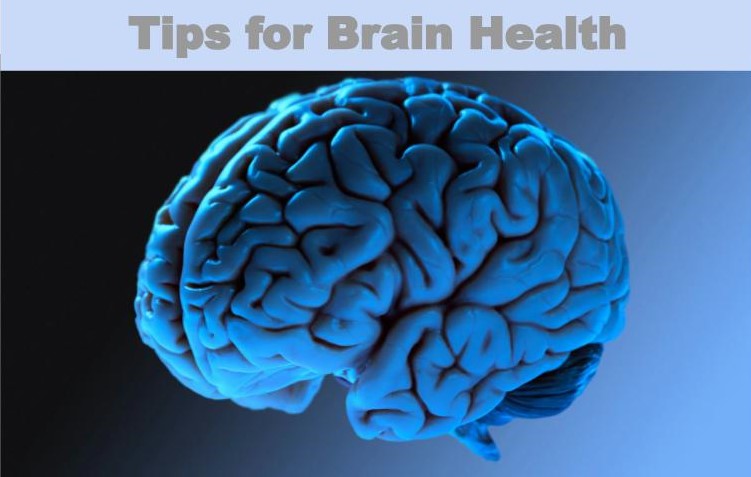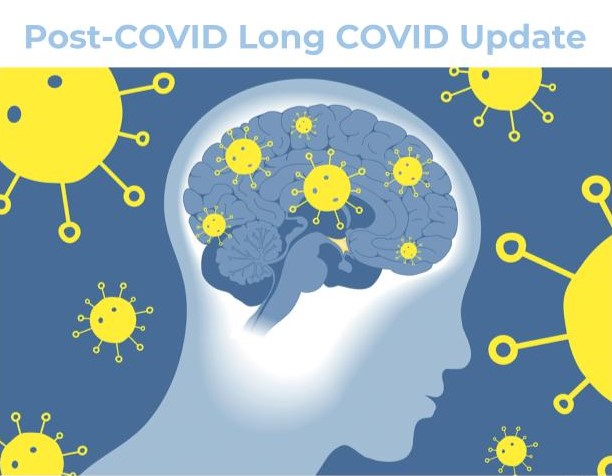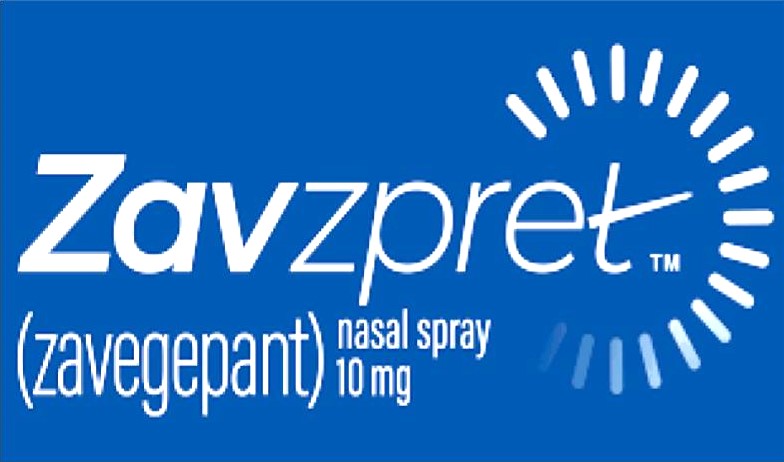
Primary exertional headache occurs with exertional efforts. For example, during physical exercise, weight lifting, straining or bending over. While cough and exertional headache are often linked as “Valsalva Maneuver Headache” they remain distinct in entities per ICHD-II classification. The headache is sudden onset and often bilateral in location, the pain is often pulsatile and of longer duration, lasting from 5 min up to 48 hours
Neuro imaging is needed to rule out underlying structural abnormalities. In addition, blood work and other neurologic testing may be ordered i.e. ( EEGs or Trans Doppler ultrasounds) for evaluation.
The Manhattan Center for Headache and Neurology has exceptional providers to help diagnose and potentially treat this syndrome.
By: Jordan Shankle, PA

